The approved project identifies Athletics as a basic sport , playing a fundamental role in the national sports system. Therefore, developing Athletics is a long-term strategic task of the sports industry in a sustainable, comprehensive, focused and key direction; closely linking the development of high-performance sports with the task of improving the physical fitness and stature of Vietnamese people.
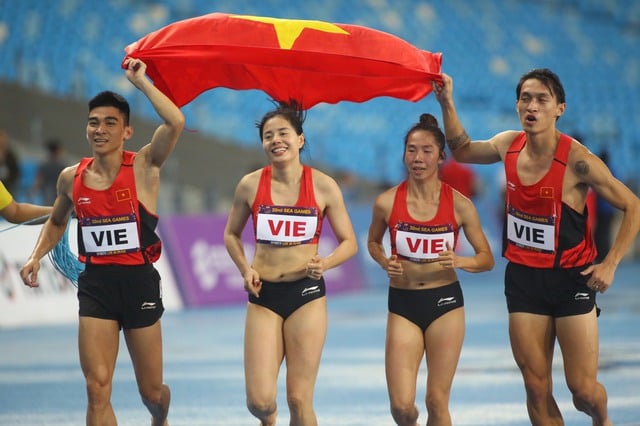
The Ministry of Culture, Sports and Tourism has just issued a Decision approving the "Project for developing Vietnamese Athletics to 2030 and orientation to 2045"
Athletics development is part of the overall strategy of the entire sports industry, in line with the Vietnam Sports Development Strategy to improve health and physical strength, contributing to building high-quality human resources for the country.
Synchronous development between grassroots athletics and high-performance athletics, focusing on investment in key events with potential for regional and international competition. Ensuring balance between breadth and depth of development, between regions and localities.
Developing Athletics based on the human factor as the center, especially athletes, coaches, and managers; at the same time, identifying the application of modern science and technology as a key condition to improve the effectiveness of training and competition. Strengthening the application of advances in sports science, digital technology, specialized training equipment; synchronously combining with sports medicine, sports psychology, nutrition, physical recovery and special treatment policies to improve the quality, physical strength and competition performance of athletes. Expanding international cooperation to access advanced training and competition levels, gradually integrating deeply with regional and world sports.
The project also identifies focused investment in competitions with the potential to compete for medals at the Olympics and ASIAD. The selection of key sports must be based on objective criteria, scientifically based, suitable to the physical condition, traditions and strengths of Vietnamese sports; prioritizing investment in competitions with high potential for achievements, capable of bringing breakthroughs in medals at the Olympics and ASIAD, ensuring the effective use of investment resources.
In which, combining the use of State resources with mobilized resources from society; maximizing resources from society, enterprises, professional organizations and the community, expanding methods of attracting investment resources and participation of the whole society in the process of developing Athletics.
The general objective of the Project is to continue to develop Athletics as a key sport, playing a key role in the national high-performance sports system; at the same time, widely spreading in the mass sports movement, schools and communities. Gradually improve professional qualifications, training quality, facilities and competition organization system in a modern and professional direction; thereby, building a sustainable development of Vietnamese Athletics, maintaining the ranking as one of the two leading countries in Southeast Asia, capable of winning medals at the ASIAD and aiming for the Olympic arena.
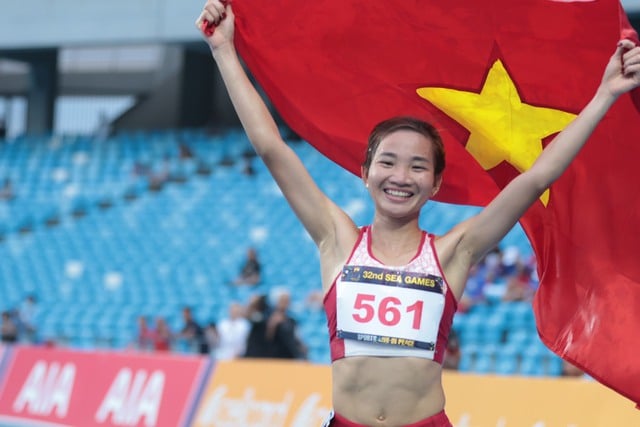
The project aims to maintain Vietnamese Athletics' position among the top two countries in Southeast Asia by 2035.
The project aims that by 2035, Vietnamese Athletics will maintain its position in the top 2 countries in Southeast Asia, and in the top 10 countries in Asia; By 2045, it will be in the top 5 countries in Asia, gradually affirming its position on the international Athletics map.
Regarding Athletics Movement, the Project will continue to innovate the content and form, improve the quality and quantity of people participating in Athletics training, contributing significantly to the target of 45% of the population practicing regularly. Strongly develop the Athletics movement at schools, striving for 100% of middle and high schools to participate in basic Athletics training and competition.
Regarding high-performance athletics, in the period of 2026 - 2035, strive to be in the top 10 at the ASIAD, in the Top 2 leading countries at the SEA Games. Specifically, at the 2026 ASIAD, strive to win 01 gold medal - 01 silver medal - 02 bronze medals; At the 2030 ASIAD, strive to win 02 gold medals - 02 silver medals - 03 bronze medals; At the 2034 ASIAD, strive to win 02 gold medals - 03 silver medals - 04 bronze medals
At the 2028 Olympics, strive to win 1 Olympic qualification; At the 2032 Olympics, strive to win 2 Olympic qualifications.
Continue to stabilize groups of strong events, review, evaluate and promptly supplement athletes and potential events, in order to discover and develop factors capable of competing for medals at the Olympics and ASIAD.
In the period of 2036 - 2045, strive to be in the top 7 at the ASIAD, in the top 2 leading countries at the SEA Games. Specifically, continue to stabilize the group of key events that have had training investment in the period of 2026-2035 and review, evaluate and promptly supplement athletes and competitions with potential to discover and develop factors capable of competing for medals at the Olympics and ASIAD.
Forming a system of training athletes for Athletics from grassroots, schools to national teams. Applying science and technology to create a breakthrough in athlete selection and training.
Improve the quality of coaches and professional staff through domestic and foreign training courses.
Regarding tasks and solutions, the Project focuses on 11 main contents including: Developing the movement; Selecting and training athletes from provinces, cities and sectors; Competition system and competition organization; Participating in international competitions; Hosting Asian and Southeast Asian tournaments; Developing achievements of national teams; Developing human resources, training officials, coaches and referees; Investing in facilities; Applying science, technology and medicine; Remuneration policies; Socialization.
Notably, the National Team will develop a set of criteria to select athletes with suitable qualities for each event, including: physical, technical, competitive mentality and potential for international achievement development.
Develop a selection process at two levels: local and national, ensuring objectivity and transparency; at the same time, clearly identify key content groups (with the potential to achieve results at the Olympics and ASIAD) to prioritize key investments from the selection to training stages.
Every year, 90 to 100 athletes are trained regularly at national sports training centers, ensuring that each event has at least 2 athletes, and relay events have 5 to 6 athletes.
Focus on long-term training to develop new events or events that Vietnam is not strong in such as: pole vault, discus throw, javelin throw, shot put, hammer throw.
In addition, focus on the events and athletes in which Vietnam has strengths to win gold and silver medals; consolidate and invest heavily in events with the potential to compete for gold medals: 100m, 200m, 400m, 400m hurdles, 800m, 10,000m, 4x100m relay, 4x400m relay, long jump, triple jump, high jump.
Source: https://bvhttdl.gov.vn/phe-duyet-de-an-phat-trien-dien-kinh-viet-nam-den-nam-2030-va-dinh-huong-den-nam-2045-20250829201854507.htm



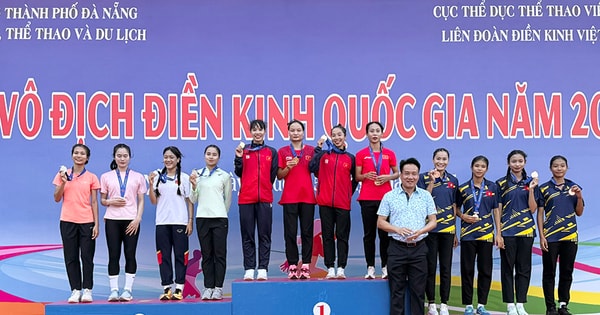
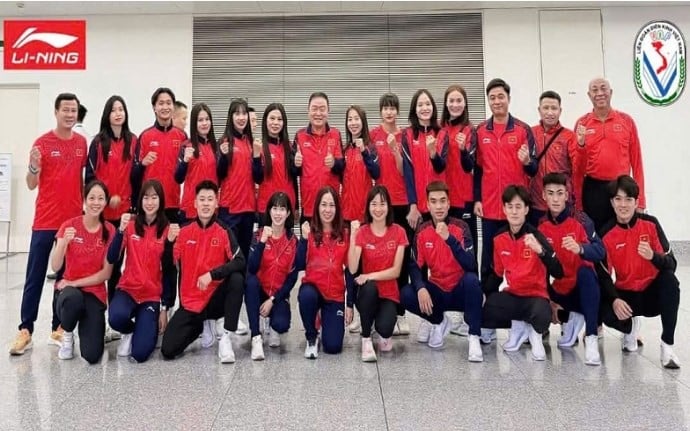
![[Photo] First Secretary and President of Cuba begins State visit to Vietnam](https://vphoto.vietnam.vn/thumb/1200x675/vietnam/resource/IMAGE/2025/8/31/f169c1546ec74be7bf8ccf6801ee0c55)
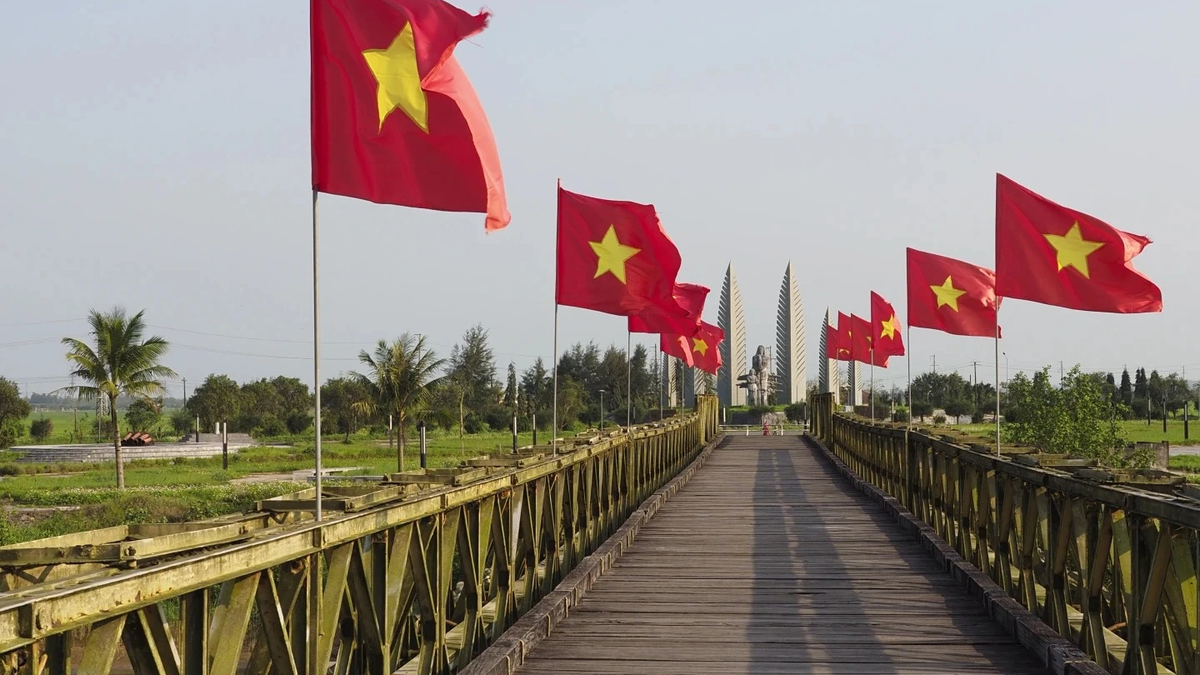

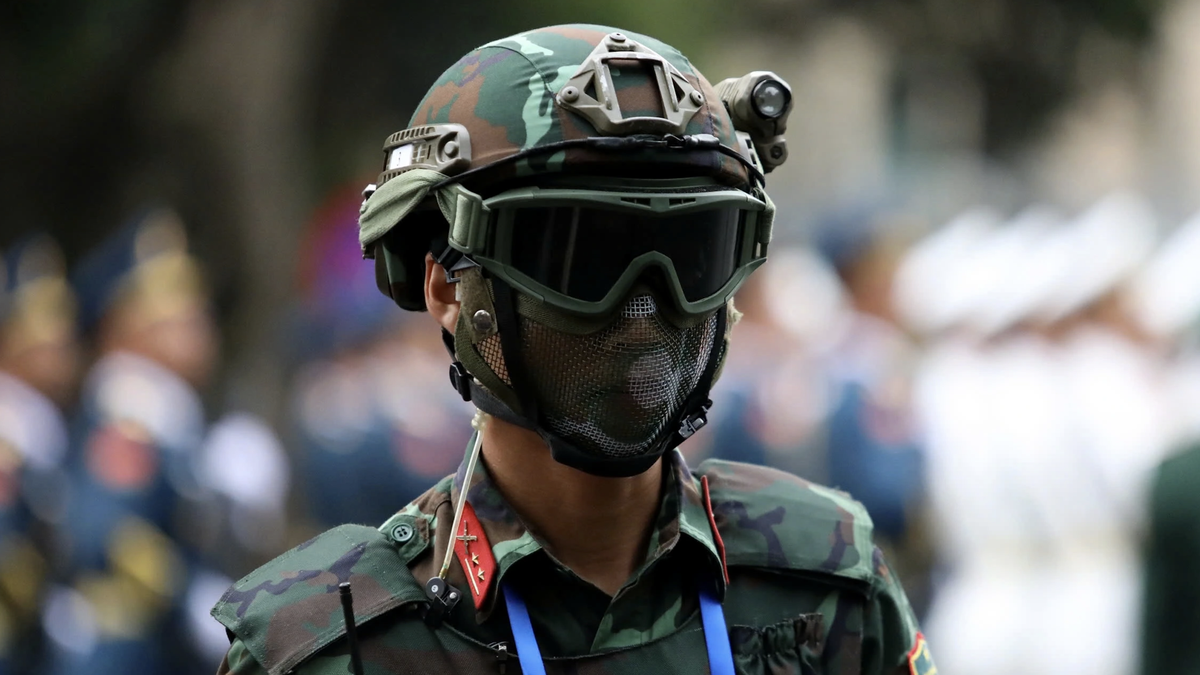
![[Photo] Chairman of the National People's Congress of China Zhao Leji begins official visit to Vietnam](https://vphoto.vietnam.vn/thumb/1200x675/vietnam/resource/IMAGE/2025/8/31/fcfa5a4c54b245499a7992f9c6bf993a)
![[Infographic] Traditional relations and special friendship between Vietnam and Cuba](https://vphoto.vietnam.vn/thumb/1200x675/vietnam/resource/IMAGE/2025/8/31/c4c2b14e48554227b4305c632fc740af)
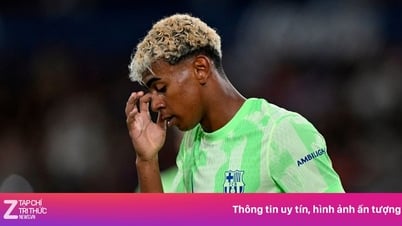



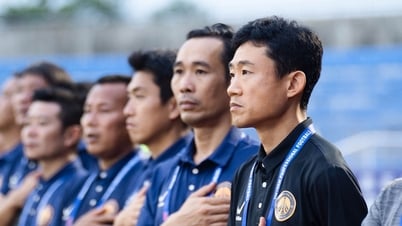

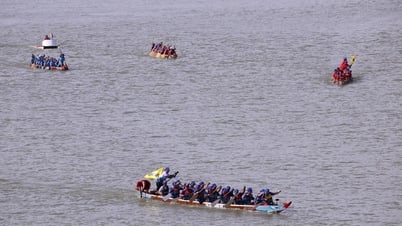

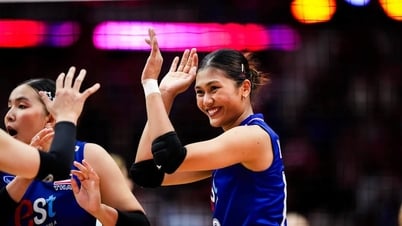







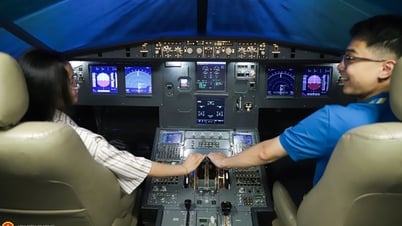
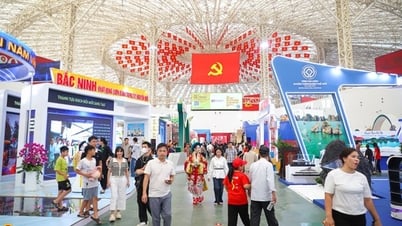


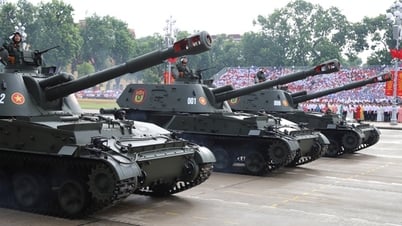

![[Photo] General Secretary To Lam receives Chairman of the National People's Congress of China Zhao Leji](https://vphoto.vietnam.vn/thumb/1200x675/vietnam/resource/IMAGE/2025/8/31/5af9b8d4ba2143348afe1c7ce6b7fa04)




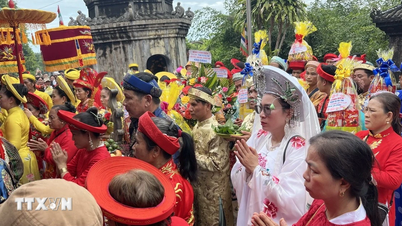

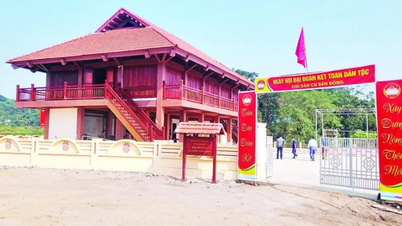



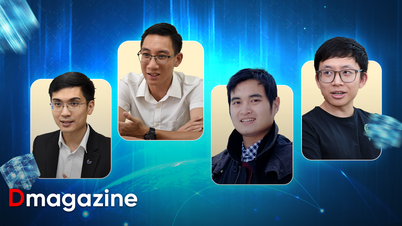
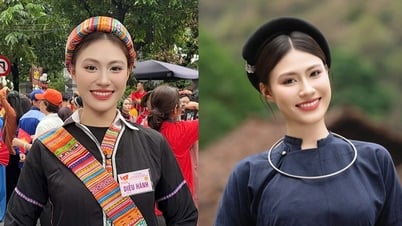
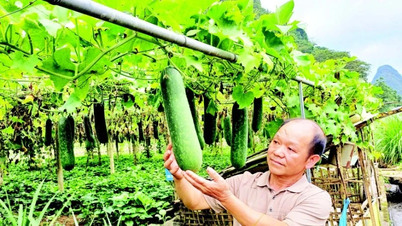
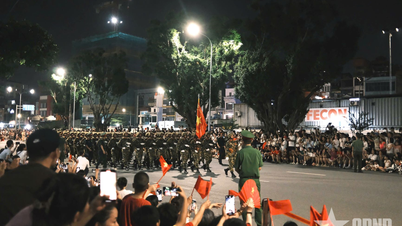

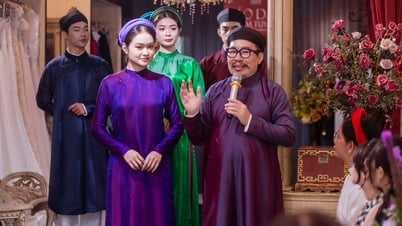




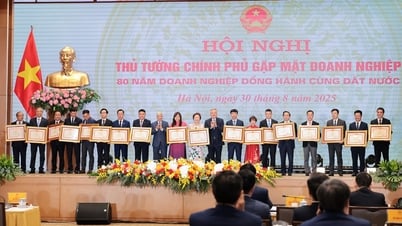
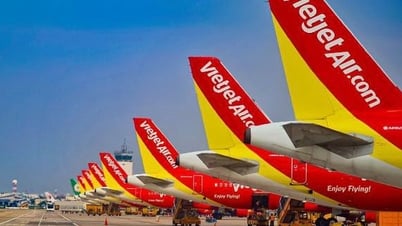

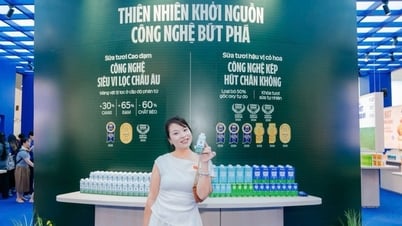

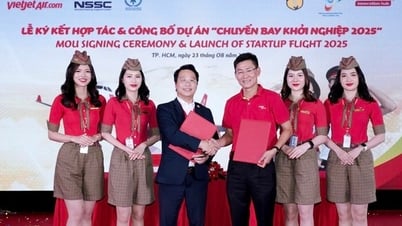


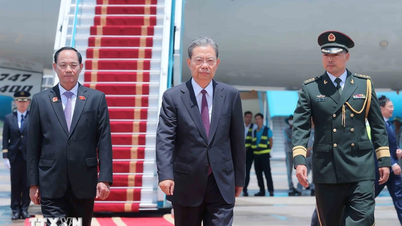
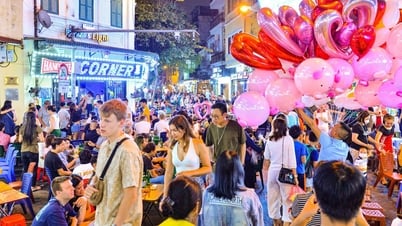
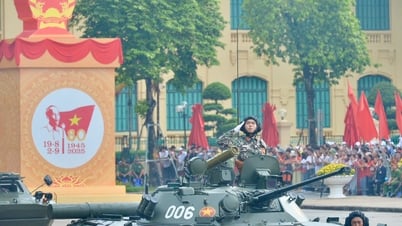


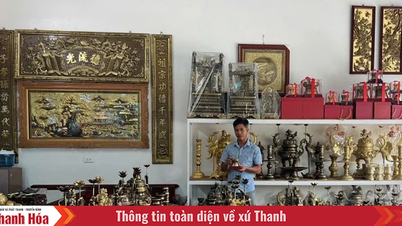

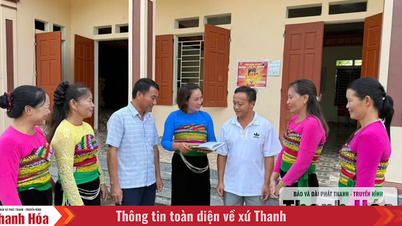
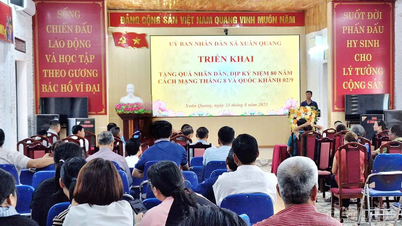

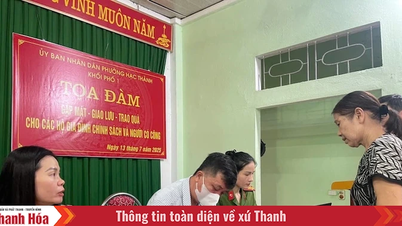
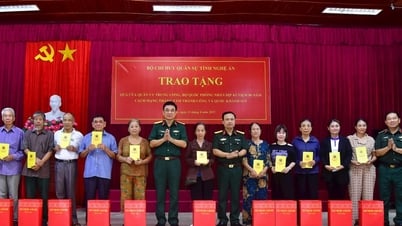

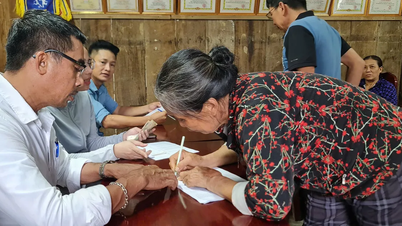

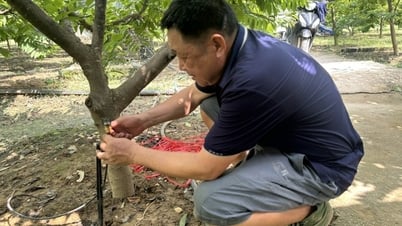

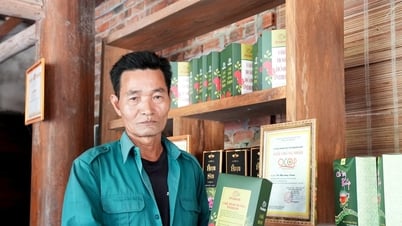

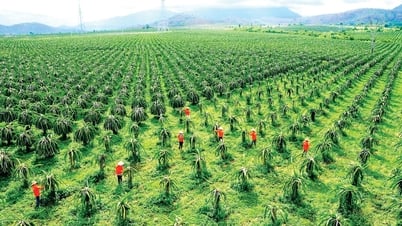


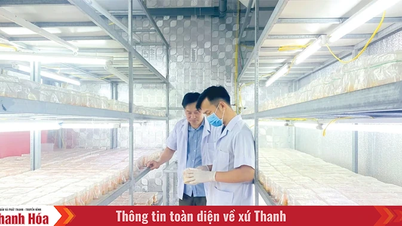

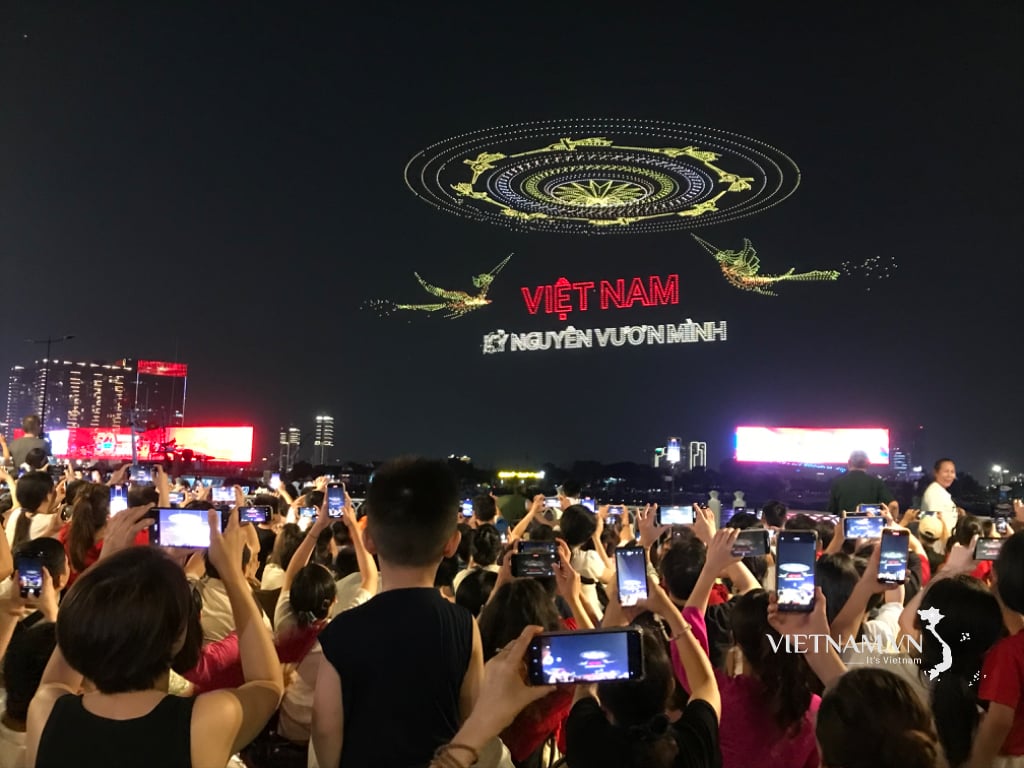
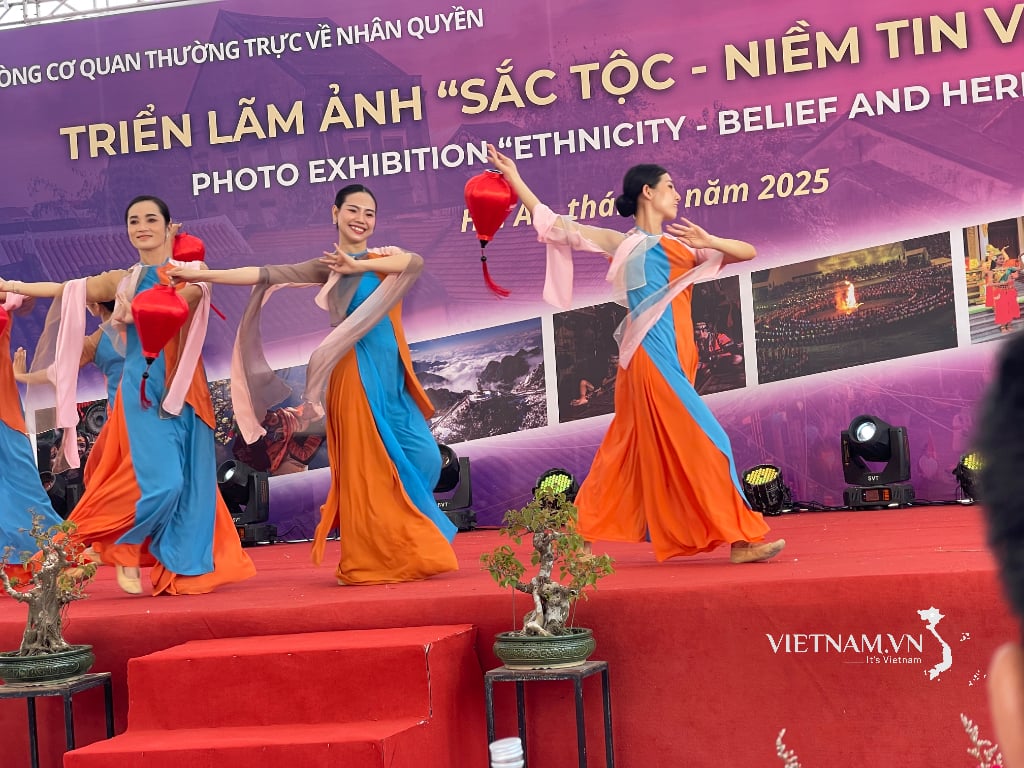


Comment (0)